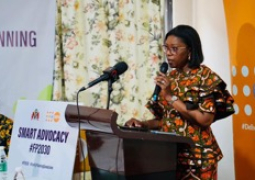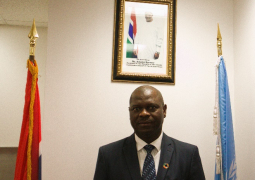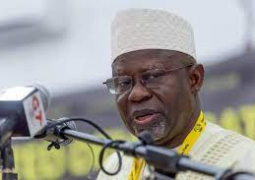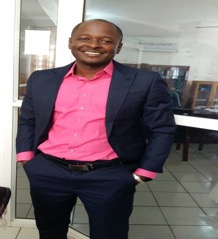
Mr. Ceesay said this is a very important roll-out because they learned from their previous pilot ones and use that information to scale up. He added that they had a successful implementation of the pilot in Foni Bintang, Nianija and Wulli West.
Because of the successes registered, he said, they are now doing the third cycle payment for the 17 districts, while adding that the programme is targeting the extremely poor and thus involving them in the cash transfer, which is an important thing.
Explaining how they concluded that those selected beneficiaries are the poorest in their community, he said that poverty is not something where one looks at structures and determine the poverty status of a person. From the beginning, he said, NaNA and partners were not involved at the beginning to determine who is poor; instead it was done by the government of The Gambia through The Gambia Bureau of Statistics (GBoS) based on data collected from the five districts where the project is being implemented.
Dwelling on his expectations after the end of the 18 months project, Mr. Ceesay said: “The most important thing is to build the resilience of the extremely poor households because we just don’t want to give them money and turn our backs. We want to build their resilience so that after the project, they can have other sources of income and improve the health and nutrition of their families. At the beginning of the programme, we inbuilt the SBCC in order to train the beneficiaries on entrepreneurship, financial literacy and how to take care of their households.”
Director Ceesay continued that with the amount given to the beneficiaries, some have already started investing in poultry, backyard gardening, ruminant rearing and more. He said these are some of the things they are looking for because every project will come to an end.
He said that is why they encouraged them to save a little of what they get, eat a diversified diet and help the households to get into small businesses to increase household revenue.
Answering questions on World Bank’s intervention in the project, he said, “NaNa has been with the World Bank for more than 20 years now and they are amazing. They are our major funders and they are doing a lot for this country. We appreciate what they are doing and we want other UN and donor-funded agencies to also come forward and support.
Read Other Articles In Headlines
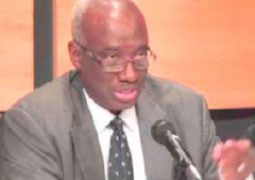
Chief Justice appoints new panel members for children’s court in Basse
Nov 1, 2021, 10:04 AM
